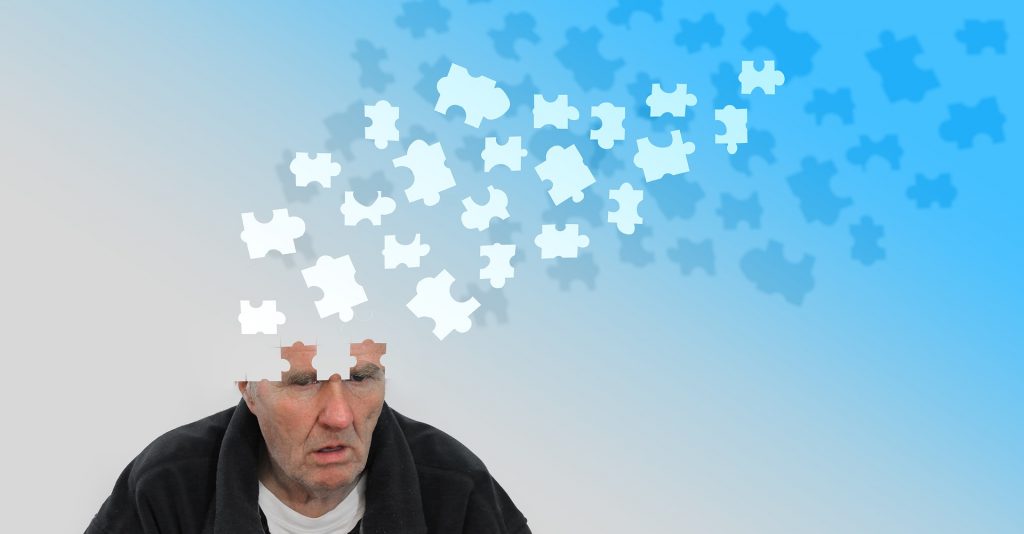
To appreciate the human condition and how we experience time, we must include another aspect of the human condition that allows us to engage with the past, memory. Memory is key to the human condition and plays a big part in how we create our predictions and simulations throughout life. We have two clear memory functions – creating memories and recalling memories.
Those involved in the study of memory generally divide it into five categories or systems:
- Semantic memory
Distinctions about the world learned through repeated exposure to the information, as opposed to memories of specific events - Episodic memory
Memories of specific events - Procedural memory
The body’s mastery of a physical routine – also called ‘muscle memory’ - Sensory memory
A temporarily retained impression of a sensory stimulus, and - Working memory
Used for both temporary storage and as a mental workspace where information from other memory categories is processed – also called ‘short-term memory’
Semantic memory relates to our distinctions. This is stuff you just know. If I ask you, “What is the capital city of France?”, you will either know the answer is “Paris” or you will not. You may not be able to recall the answer straight away but, if at some point you have encountered this bit of information, you may well recall it later.
Episodic memory involves stories of our experiences. Through this memory system, you will be able to respond to a query about what you did on your holiday. Episodic memory provides us with a rich, although detached, connection to our past experiences. This is an important distinction. When we retell an event, we are creating that event anew. We may well have feelings, sensations and perceptions that are similar to those that occurred when we had the initial experience, however they may or may not differ from our original experience. We may well believe we are recalling exactly what happened, but we are not. Indeed, we can find ourselves recalling a dream as if it was a real experience and then repeating it over time until we actually believe it to have been a lived experience.
No doubt you will have heard others speak of shared experiences where you recall it very differently to them. Our episodic and semantic memory are not like a recording system. We do not recall exactly what happened, we recreate a fact or an experience. The challenge lies in appreciating that aspects of our memory are not a real representation whilst trusting it to provide us with a useful view of what has happened. If we hold our memory as totally accurate, then we hold ourselves as having exclusive access to knowing what is real and the ‘Truth’; we put ourselves above others. If we were to have no faith in our memory, we would find ourselves in a world of complete uncertainty; not trusting ourselves to engage with the world. If we can manage to appreciate the limitations of our memory, we allow ourselves to be open to others’ perspectives encouraging better interpretations of what has happened and what could happen and the benefits this can bring.
When we are young, our life experience is limited and so is the extent of our semantic and episodic memory. As a result, our predictions often do not match what happens and we more often find ourselves in a prediction error (breakdown). As we go through life, we hold more distinctions in our semantic memory and more stories in our episodic memory. The result is we get better at making predictions and so our predictions tend to be more aligned with what we perceive happens and there are fewer prediction errors. Accordingly, we tend to live more of our life in transparency.
Procedural memory,also known as ‘muscle memory’, relates to our habitual movement and actions. This includes all physical actions such as everyday activity like walking and speaking through to specific skills such as drawing and typing.
Sensory memory and working memory play a key role in how we experience our sense of the present.
Sensory memory relates to a very short-term ability to retain sensory input. Key elements of our sensory memory are:
- Echoic memory, which is the ability to retain a sound
- Iconic memory, which is the ability to retain an image
- Tactile memory, which is the ability to retain a lingering impression of something we have touched or that has touched us
Working memory is our short-term memory where we retain the immediate past and which also allows us to combine other memories to create more complex meaning.
Clearly, we do not remember everything that we experience. So why do we remember certain things and not others.
In purely physical terms, the hippocampus is thought to be the brain structure that allows working memory to transfer information into long-term memory. This process is called ‘encoding’. There are two aspects to this; when we seek to encode a memory and when we do not.
It is also probable that memories are more likely encoded when you are having stronger emotional experiences, and these typically happen when we are in more significant breakdowns (prediction errors) and when something very unexpected occurs.